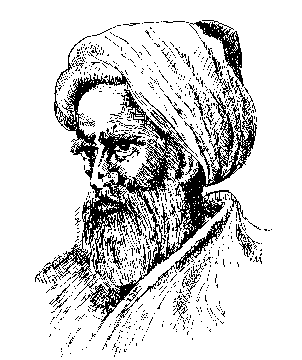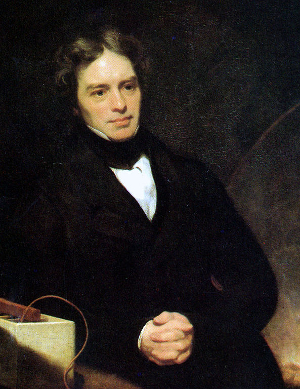
Early beginnings
While many point to the 1700s as marking the beginnings of science, the scientific method actually traces its origins to an earlier time period: the Middle Ages. While Europe was still in the Dark Ages, substantial advances were being made around the world, including in the Middle East.
Ibn al-Haytham was an Arab scientist widely credited with founding the scientific method. Aside from this, he also made substantial contributions to optics and mathematics.



